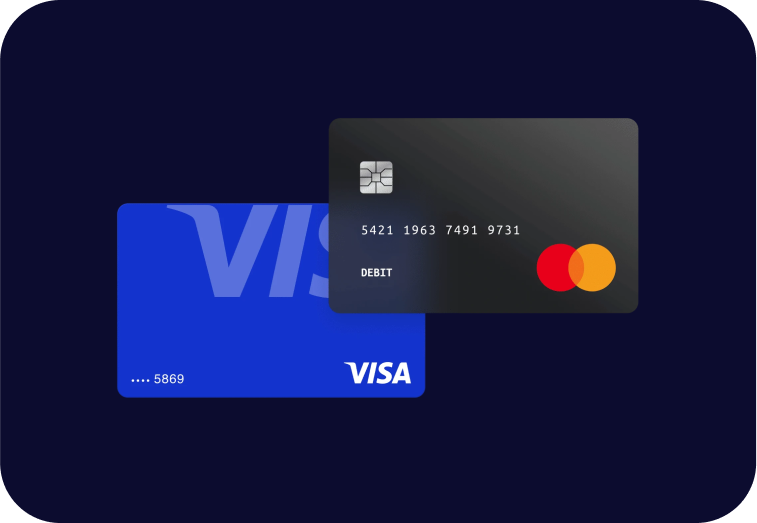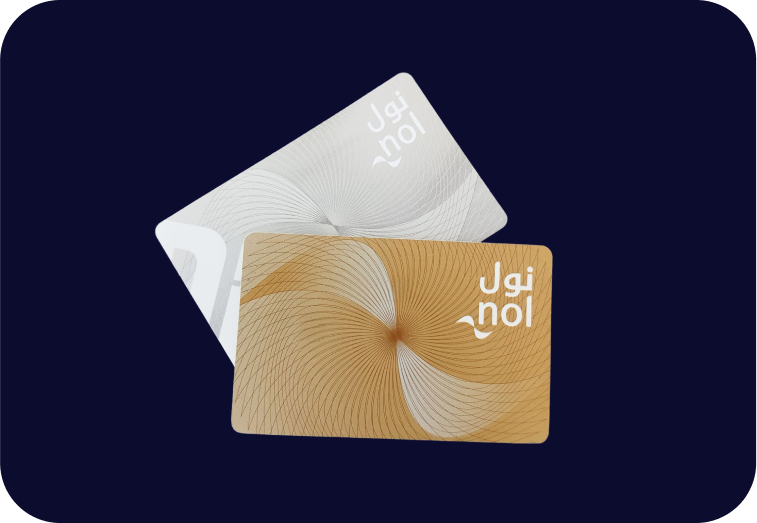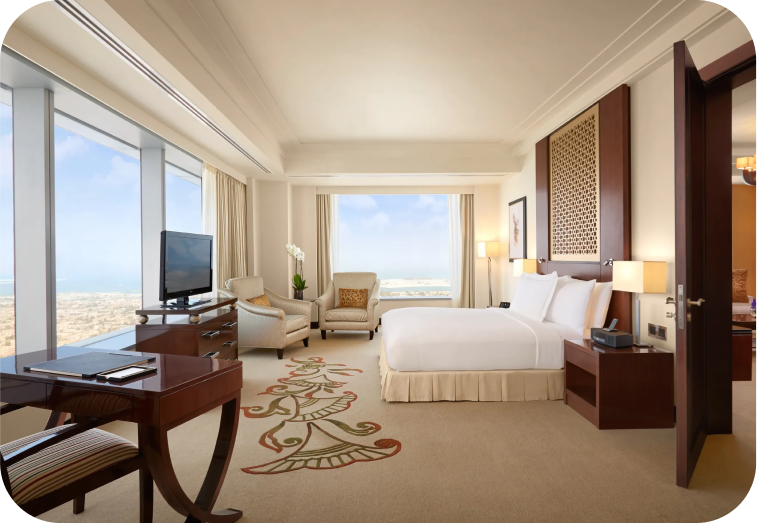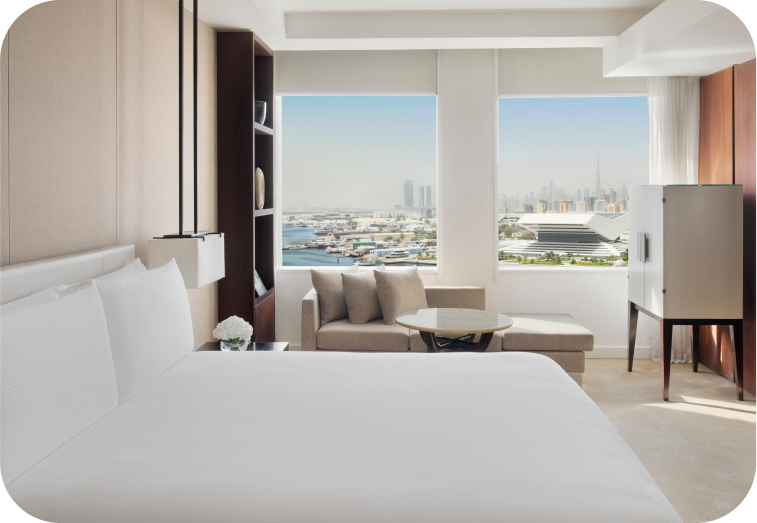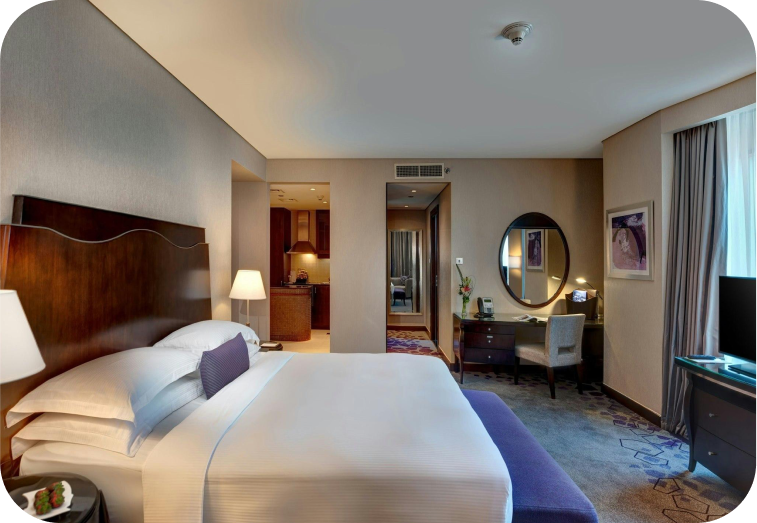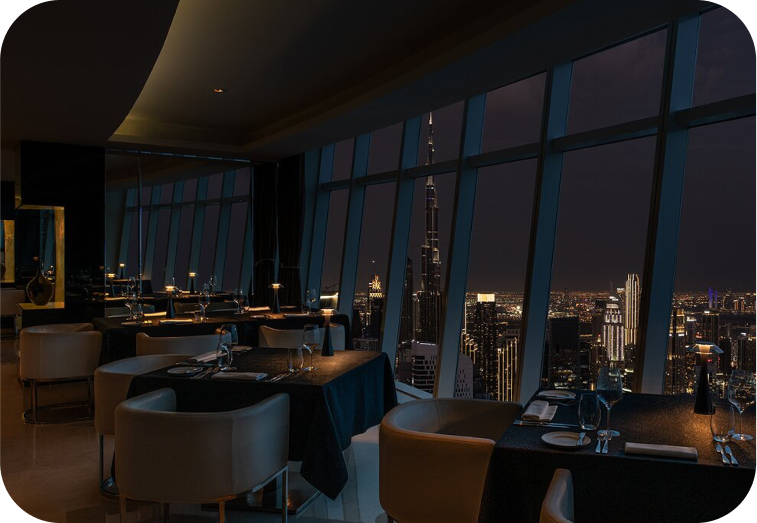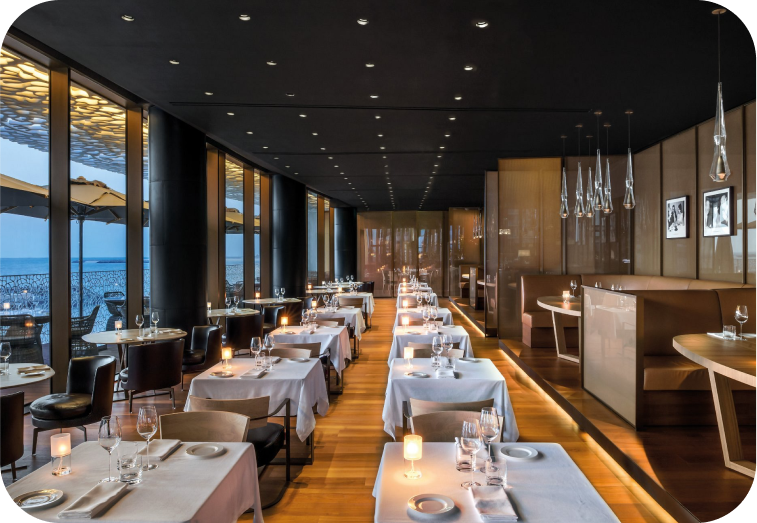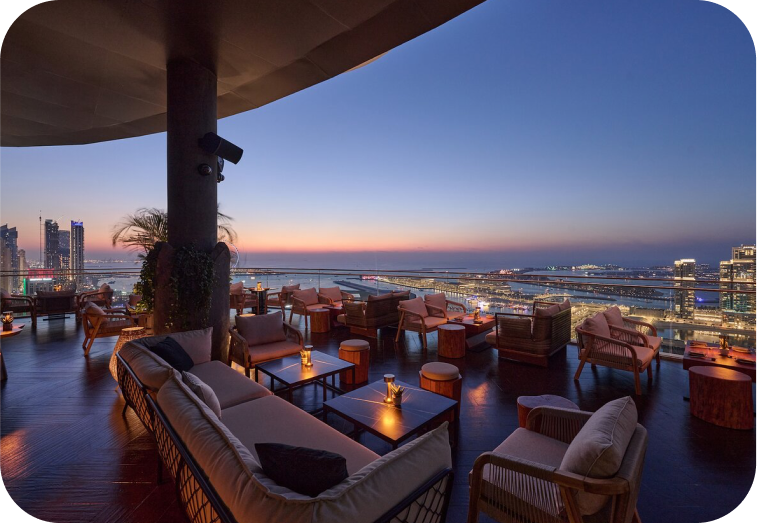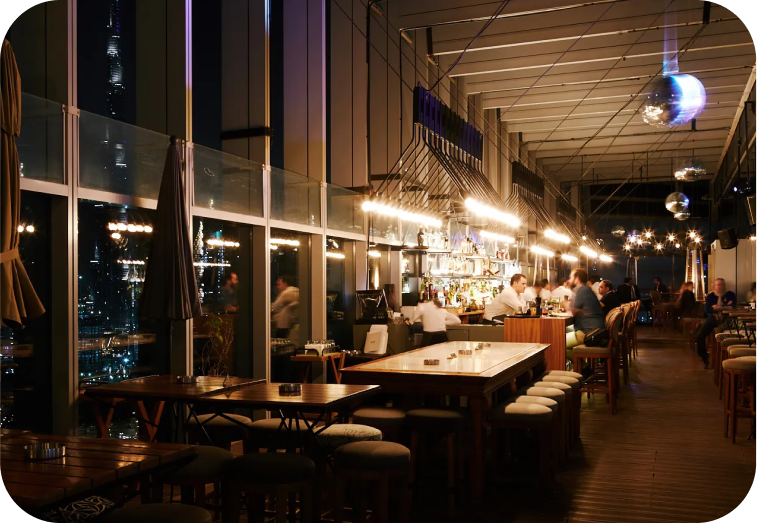Dubai is a fast-moving metropolis, the leading business hub of the UAE and a key gateway between Europe, Asia and Africa. Global finance, tech and logistics all have their regional headquarters here, while landmark events like GITEX and the FinTech Summit draw market leaders from around the world.
Every day, more people arrive in Dubai looking for new and unique opportunities to grow and connect. If you’re planning your first business trip here, this guide will help you make the most of it.
Read more Tumodo corporate travel guides here.
Before you go
Dubai is modern, welcoming — and full of its own specifics. From dress codes to public behaviour, there are a few local rules worth knowing in advance. To make sure your business trip goes smoothly from the airport to the boardroom, we’ve put together the essentials.
Visa and entry requirements
Dubai makes business travel simple, but entry rules depend on your passport. Many nationalities can enter visa-free or get a 30- or 90-day visa on arrival right at the airport. Some Indian citizens also benefit from special conditions.
If you are not eligible, you’ll need to arrange a visa in advance through a local airline, hotel or licensed travel agency. Tourist visas usually cover 30 or 60 days and can be extended once inside the country. Processing normally takes 3–5 business days.
For business purposes, Dubai offers several visa options. Your choice depends on how long you plan to stay and whether you need single or multiple entries. There are also special conditions for co-owners of UAE companies.
Transit visas — for 48 or 96 hours — are also available if you’re passing through Dubai.
Whichever option you choose, be ready to provide a valid passport, a photo, proof of accommodation and other supporting documents.
Time zone and scheduling
Dubai runs on Gulf Standard Time (GMT+4) and doesn’t switch to daylight saving. That puts the city 4 hours ahead of London, 3 hours ahead of Moscow, 8 hours ahead of New York and 4 hours behind Singapore. When setting up meetings — especially across regions — double-check the time zone and local business hours.
Money and payments
Dubai is largely cashless — less than 20% of payments are made with cash. Still, keep some AED on hand for tips or markets. Exchange currency only at banks or official kiosks.
Visa and Mastercard are accepted everywhere; American Express, Discover and UnionPay — in many hotels, restaurants and malls. Mobile wallets are common too: Apple Pay is widely supported, while local options like Careem Pay and e& money are gaining ground.
